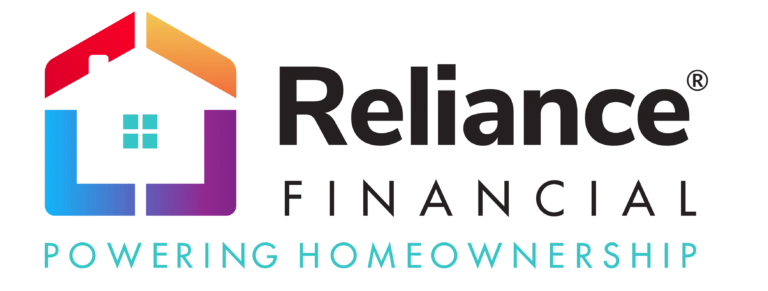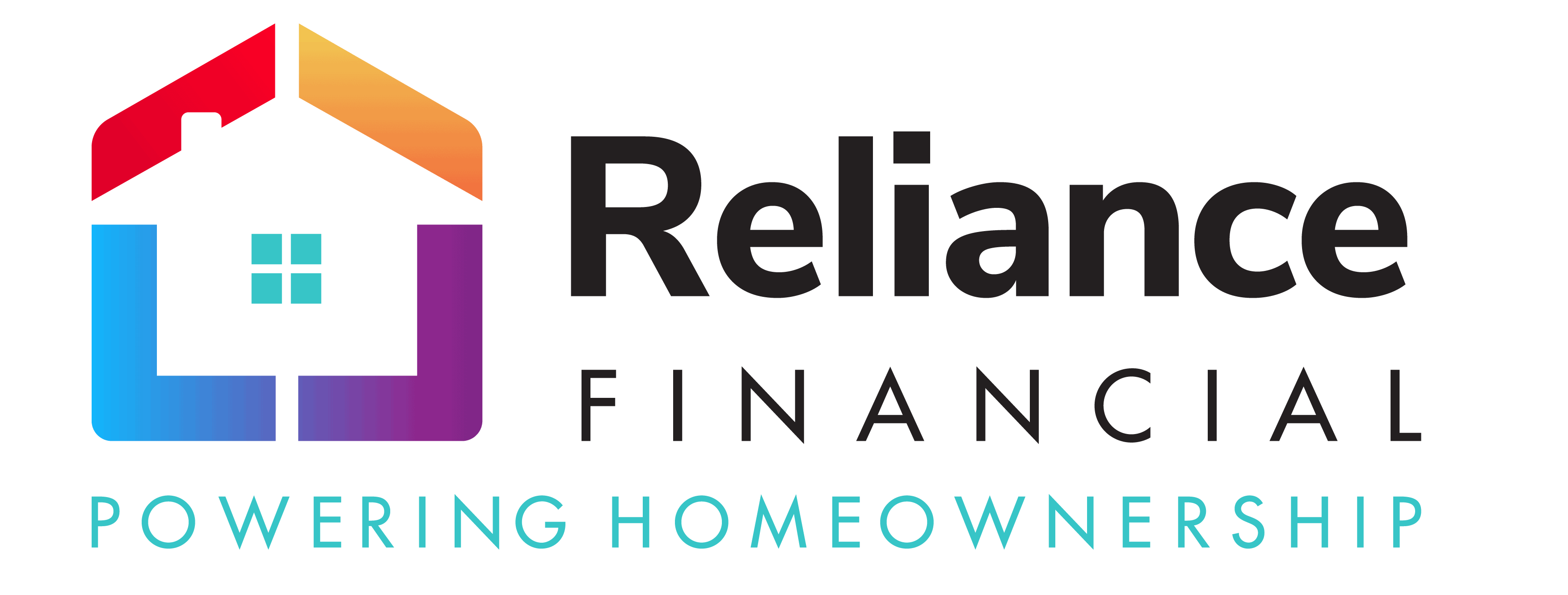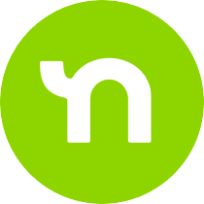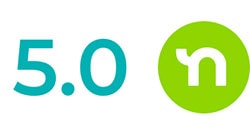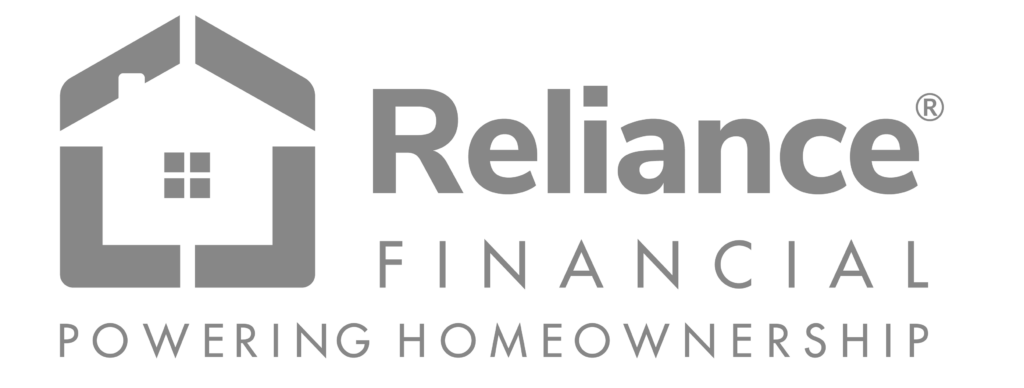Every story is different. We’re here to provide personalized guidance that honors your story.
“It was the fastest, simplest, and most efficient refi that I have ever experienced.”
“Reliance Financial continues to exceed expectations.”
“Highly professional, knowledgeable, and responsive team!”
“Lucky and his team all throughout have shown us the integrity, dedication, knowledge, and passion that they bring to a transaction.”
“The whole refinance process went by so quickly and smoothly... I got the best rate I could possibly get with my financial status.”
“Extremely helpful and patient with us when we would ask questions or were in need of support. We couldn't have asked for a better support team”
“Better experience than I could have imagined. Lucky was easy to work with and made the process so easy and stress-free.”
“Everything was just so effortless with 100% transparency.”
“Saved us considerable time and effort by quickly finding us the perfect mortgage loan hassle-free”
“Goes beyond the call of duty by representing your best interests in every transaction.”
“It was the fastest, simplest, and most efficient refi that I have ever experienced.”
“Reliance Financial continues to exceed expectations.”
“Highly professional, knowledgeable, and responsive team!”
“Lucky and his team all throughout have shown us the integrity, dedication, knowledge, and passion that they bring to a transaction.”

We funded over $125+ million home loans in 2021
General Inquiries
Purchase or Refinance Inquiries
- (510) 461-2891
- scott@relfin.com
- Scott Wise
Loans In Process Inquiries
- (925) 336-5924
- navdeep@relfin.com
- Navdeep Kaur
Partnerships Inquires
FAQ
There are several factors that determine the loan amount and purchase price that clients can afford. For qualification purposes, lenders look at the FICO score, income, debt, assets (how much money is available for the down payment), closing fees, points, and other funds necessary to close the loan). A variety of loan programs offer varying terms and rates; some require lower down payments than others and offer more flexibility in credit and income. It is advisable to be pre-approved. Lenders will often provide a pre-approval at no cost. Clients can also use an affordability calculator to determine an affordable purchase price range, an acceptable loan amount, and manageable monthly mortgage loan payments.
After loan approval, clients attend a closing to sign the final loan documents, give the down payment and settle closing costs. Specific closing costs may vary, but they normally are categorized as recurring and nonrecurring:
Nonrecurring (one-time fees related to the transaction)
- Escrow fees
- Loan origination fee
- Recording fee
- Any other documentation fees
- Title Insurance
- Loan discount points
- First payment of escrow account for future real estate taxes and insurance
- Paid receipt for homeowner's insurance policy (fire and flood if applicable)
- Upfront mortgage insurance MI (if applicable)
Recurring (costs that recur on a periodic basis)
- Property taxes
- Interest payment
- HOA dues
- Homeowners' insurance
- Monthly mortgage insurance (if applicable)
Selecting the best loan program depends on each client's personal situation. The decision depends on a client's needs and various factors such as current financial status, how finances may change in the future, how long the client intends to live in the home and a comfort level with potential changes in future mortgage payments. After consultation, a mortgage advisor can assist clients in arriving at an appropriate type of loan.
Traditional conventional financing requires a down payment of 20% of the purchase price of the home; however, there are programs available such as an FHA program that allows clients to buy a home with as little as 3.5% down. In addition to the down payment, clients should be aware that there are other fees associated with purchasing a home. For example closing fees, prepaid interest, and prorated items such as property taxes and homeowner's insurance.
Points are fees paid to the lender at closing. One "point" is equal to 1% of the total loan amount. For instance, for a $200,000 loan, one point would equal $2,000. Most lenders charge between 1 and 2 points. Clients can lower their interest rate over the life of the loan by paying more points upfront. This is an effective way to save money, but if money isn’t available to pay upfront, clients can opt for fewer points.
A rate lock is a contractual agreement between the lender and the buyer. There are four components to a rate lock:
1. Loan program
2. Interest rate
3. Points/Fees
4. Length of the lock
Once a loan application has been completed and a property is chosen, you can lock in an interest rate. Locking in a rate allows you to keep a certain loan program and interest rate over a specified amount of time, even if the interest rates go up during that time. Usually, rates are locked in on a 30-45 day basis and cannot be changed. It is important to consult your mortgage professional for advice. In addition, most lenders will not adjust your lock if rates drop, unless the drop is substantial.
Typically, clients will review and sign all loan documents at a mutually convenient location in the presence of the signing authority. Clients will then present a certified or cashier's check for the remaining down payment, closing fees, and other applicable closing costs. Funds may also be wired directly into an escrow account. A mortgage advisor will guide you through the process and provide information on the sequence and timing of events necessary to complete the transaction. Once loan documents are signed and returned to escrow, the loan will close in 2 to 3 days and clients will get the keys to their new home!
An interest rate depends upon several factors. For instance, a rate will be higher for clients with a poor credit score, a limited cash down payment, or a high debt-to-income (DTI) ratio. In addition, rates will increase for clients who plan to purchase a condo, townhouse, manufactured home, second home, 2-4 units, or investment property.
